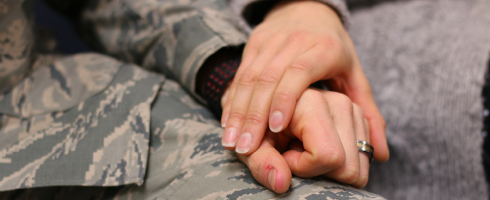by James Zenner, Director of LACDMH’s Veteran Peer Access Network (VPAN)
One of the biggest challenges for those who serve is adapting to life after the military. When in the military, there are no decisions to be made about what to wear to work, where to live, or other decisions that you have to make when outside of the military. One of the biggest things you will hear veterans say they miss about the military is the camaraderie and sense of purpose they had while “wearing the uniform.” These are just a couple of examples of what our men and women who serve have to adapt from when exiting the military.
Most of us struggle to find work that provides a fraction of the meaning and camaraderie we had in the military. Veterans often struggle without having the routine and structure of the military, but often cite it as one of the reasons for leaving the service. The majority of those leaving the military don’t have a viable transition plan and some struggle with food and housing insecurity, legal issues, marital and relationship issues, as well as mental health.
The good news is, many veterans are able to have a successful transition out of the military after struggling for a little while. The likelihood of success is considerably diminished without a family or social support system, however. While the Veterans Administration does provide healthcare and benefits for many veterans, that does not constitute the lack of family, social support, and an overall sense of connectedness with the community because many come out of the military seeing themselves, others, and the world differently. It is up to us as a community to pull these men and women into our social fabric and help them feel connected again.
To learn more about the work our department is doing for this effort, visit our VPAN webpage.





